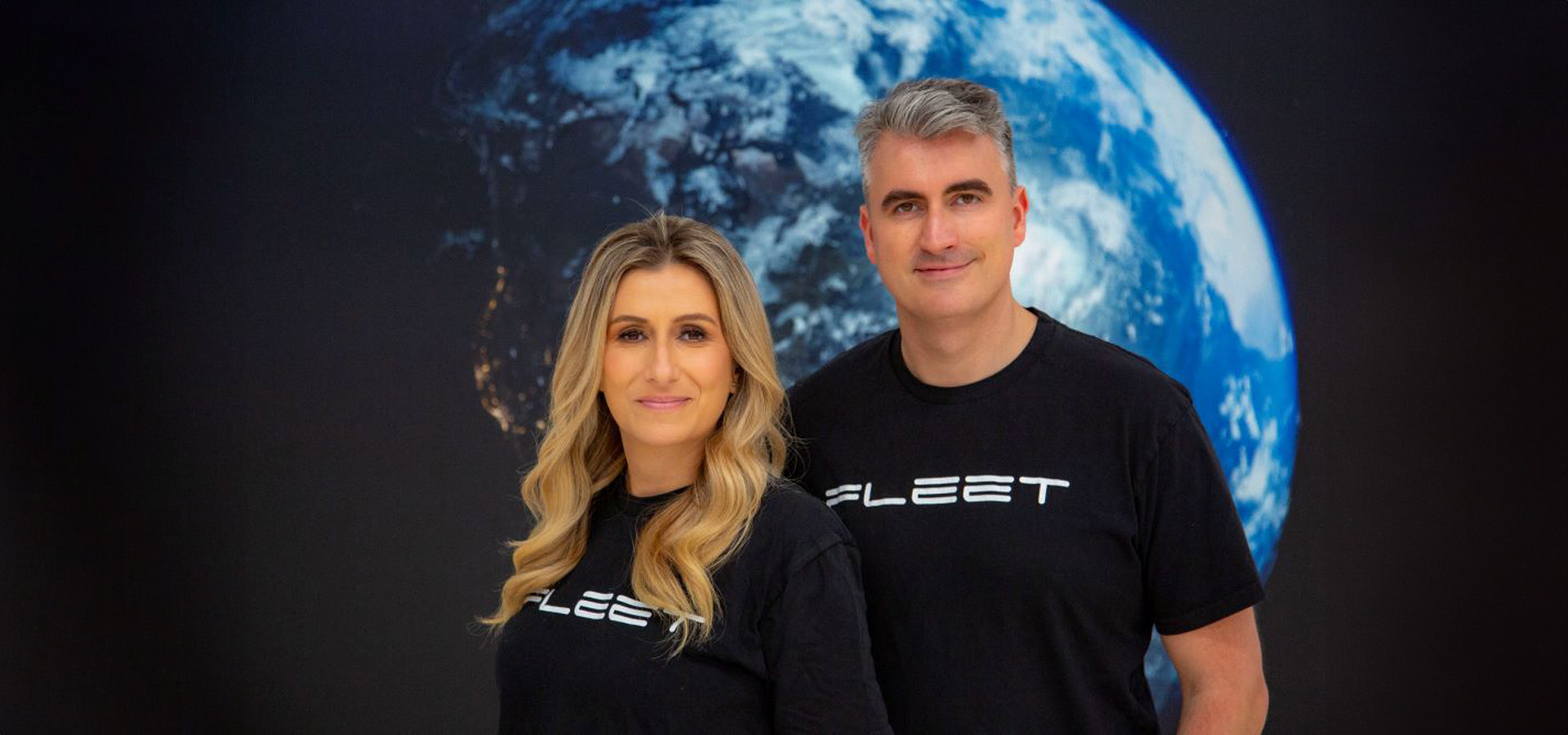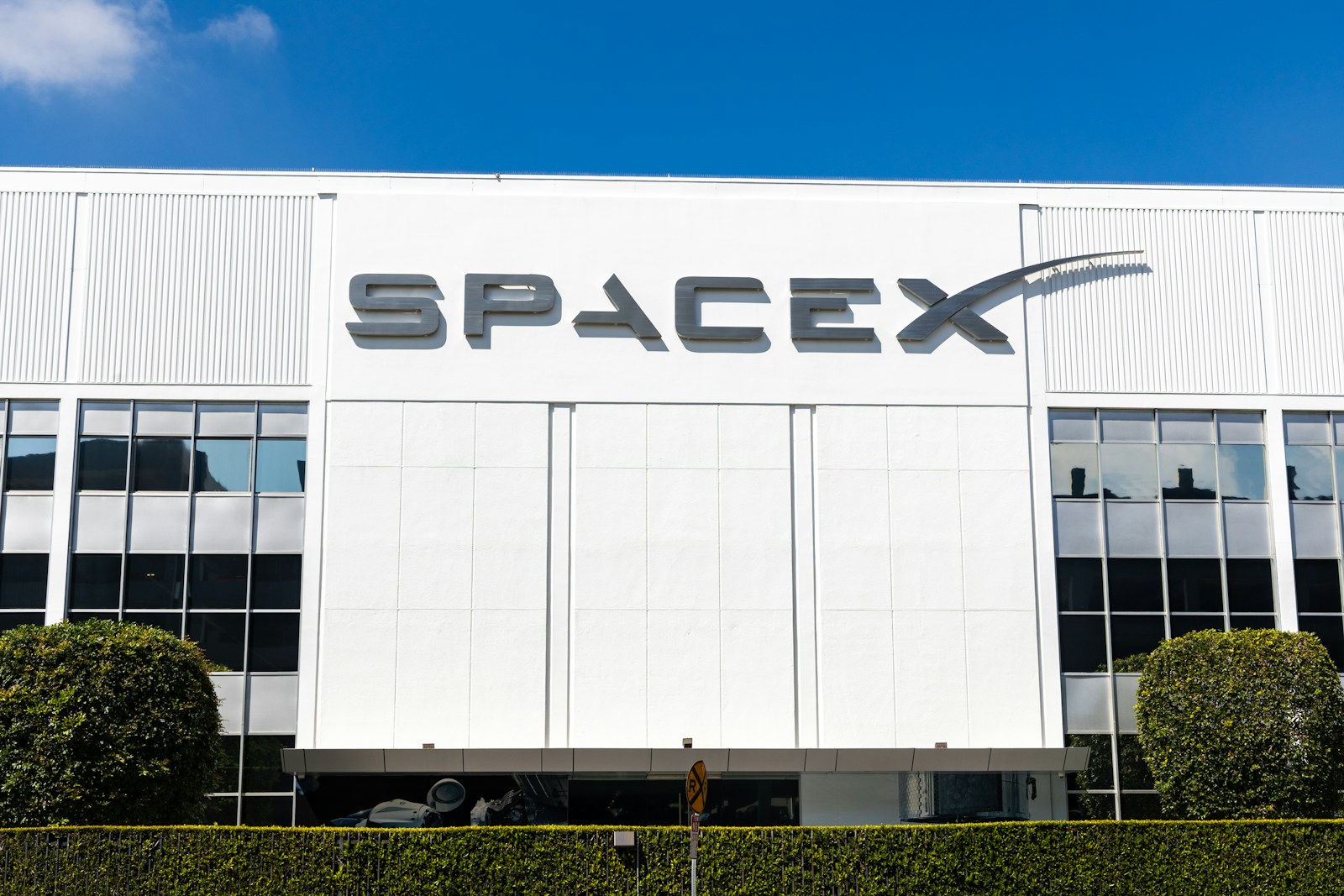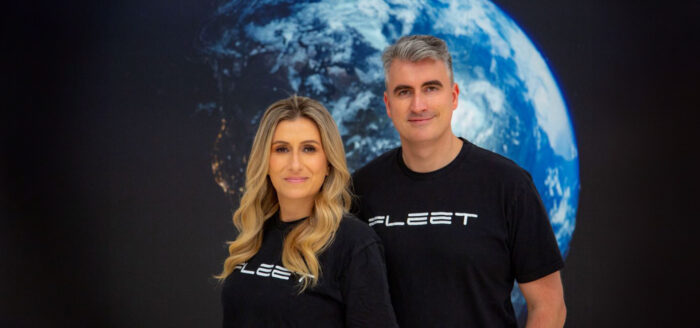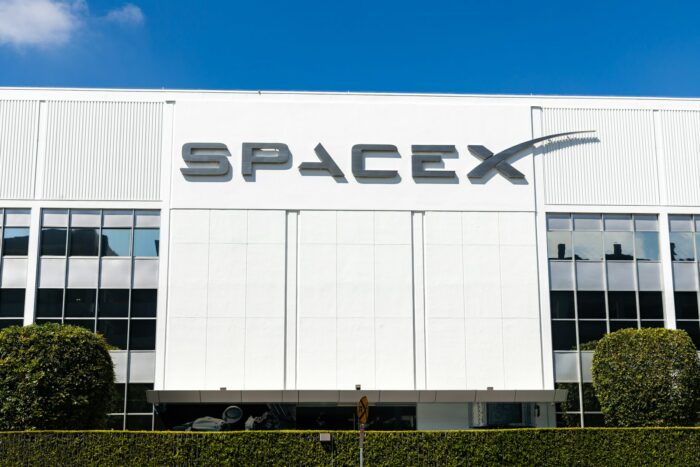For a budding engineer or computer programmer, the space industry is one deep-tech vertical that offers great prospects for a bright career.
According to the Australian Government’s Department of Industry, Science and Resources website, the space sector needs all sorts of skills and types of people to build a future workforce in the industry.
Such jobs include, but are not limited to, propulsion engineers, electrical-, electronics- and avionics engineers, space systems engineers, engineering technologists and technicians, machine learning and AI engineers, software developers and software engineers.
What is not to like?
Ubotica Technologies
To give even more insight into the opportunities offered, the Science Foundation Ireland’s YouTube channel — SFIDiscover — recently interviewed CTO and Co-founder of Ubotica Technologies, Dr. Aubrey Dunne on his startup and careers in the space industry at Dublin City University (DCU) Alpha Innovation Campus.
Founded in 2017, Dublin, Ireland-based Ubotica Technologies provides “smarts for smart satellites” and its products and services are used by global partners to deliver real-time insights from space-based systems directly to users.
“Ubotica is a startup, although we’re getting out of the startup phase at this stage, we have about thirty-plus people and we develop computer vision and AI solutions for embedded devices,” said Dunne, who has a Ph.D. in Computer Vision from DCU.
Dunne explained that Ubotica processes image data on small silicon devices, quality chips and deploys them to factories and satellites.
As the company’s CTO, Dunne effectively manages the engineering teams in Ireland, Spain and the Netherlands.
Image Processing
“Really, what we’re trying to do,” Dunne continued, “is solve the problem of sensors that produce a lot of data. AI is really good at interpreting — particularly actually interpreting image data — tasks which are quite difficult for humans to do and AI is actually really good at this for image processing.”
Ubotica deploys AI solutions to extract knowledge from the images that it captures, and then actions on that knowledge.
“We work with a range of different partners and customers and institutional partners, obviously, which is a very big part of our development. What we’re trying to do is solve the data problem that space has, which is particularly for satellite images,” said Dunne, adding that satellites capture more images of the ground than what can be downlinked in many cases.
“There’s so much data,” Dunne went on, “that you can’t go with the bandwidth, the channel to be able to communicate it down. And so, the idea is to filter that data out if you like, to solve this problem of sending a lot of data to the ground, someone processes it and finds that actually the image is too cloudy, and therefore they throw it away.”
Dunne said that cloud detection aboard the satellite is a really good example of the benefits of performing AI onboard. Ubotica has conducted an in-orbit demonstration of the technology through the European Space Agency (ESA). With the conclusion of a successful demonstration, Ubotica is now planning to start integrating it with commercial satellites.
Job Prospects & Valuable Tips
Does Dunne think there are jobs in the space sector in Ireland?
“When we started, we didn’t really know any other Irish companies that were in the space sector. The companies that I know here in Ireland in the space sector are certainly hiring, maybe not continuously, but certainly very, very regularly. They probably tend to be kind of smaller companies that are getting bigger, growing out of the startup phase,” said Dunne.
When asked what advice he would give somebody trying to enter the space sector, Ubotica’s CTO had some good tips:
“Try to get experienced in what you want to do because that’s A, the best way to really know what you want to do; and B, the best way to build up those soft skills that you can’t necessarily learn in the classroom or the lecture room but that is really vital to help you receive problem-solving skills… that might be the advice I’d give myself: do more internships.”
Featured image: Aubrey Dunne. Screenshot from ‘Ubotica Space Careers Video’. Credit: Science Foundation Ireland
If you found this article to be informative, you can explore more current space news, exclusives, interviews and podcasts here.
Share this article:










